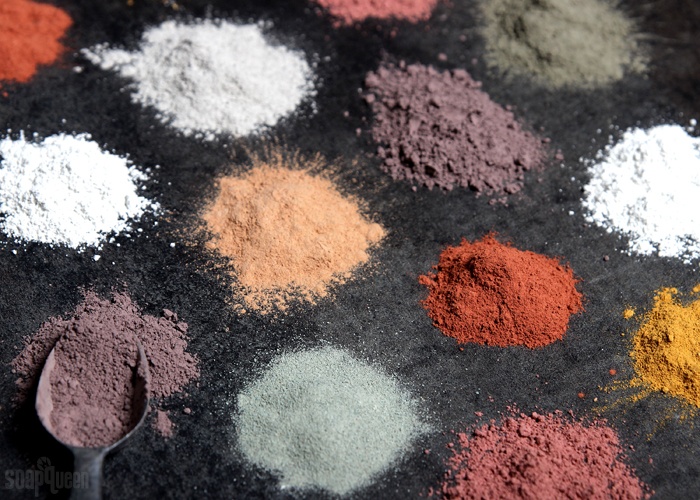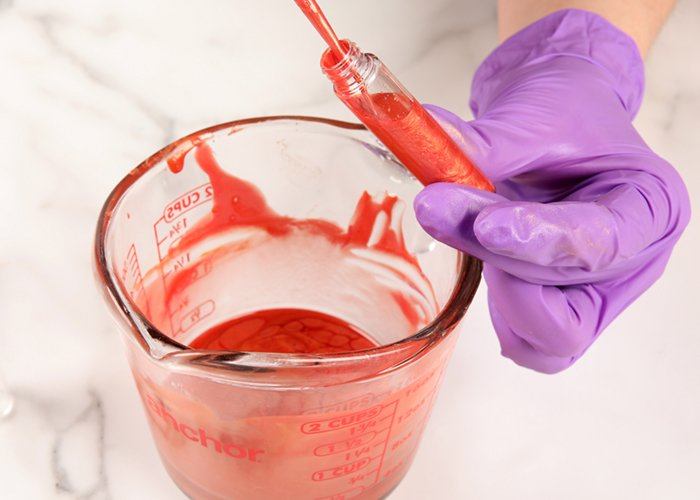The Benefits of Collagen
Collagen has been used as an additive for skincare for a long time. In fact, collagen is even used internally as a supplement. But does this additional collagen help your skin? How can you use collagen most effectively?
What is collagen?
First, let’s talk about what collagen is. Your skin is supported by a structure of connective tissue. This structure is made up of collagen, and is built by cells called dermal fibroblasts. You might be interested to know that fibroblasts are responsible for producing hyaluronic acid in your skin, too. As we age, the fibroblasts in our skin (and our joints) start to slow their production of collagen and the structure that supports your skin becomes weaker. This is why skin tends to sag as we age.
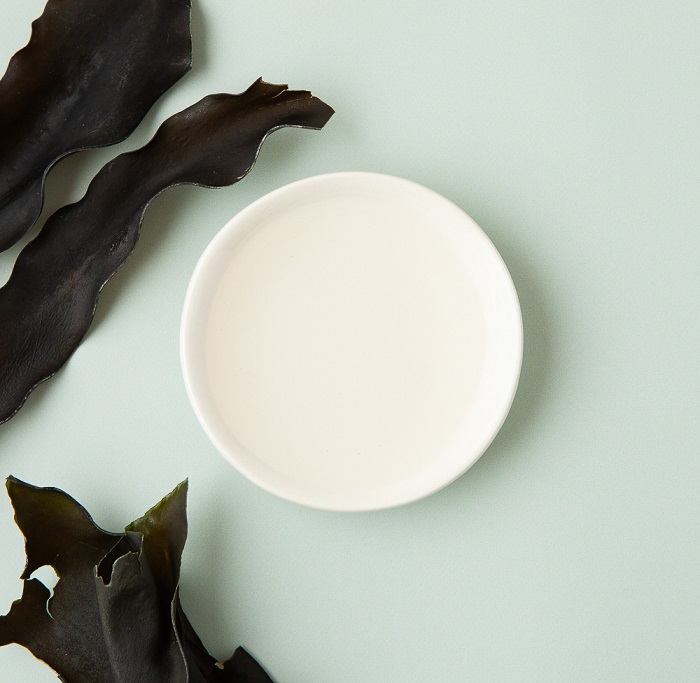
The benefits of topical collagen
So adding topical collagen to your skincare routine must help restore that structure, right?
Not so fast. The collagen that supports your skin is produced in a specific structure that allows it to keep your skin firm and supple. Topical collagen is just a protein, not structured.
So does topical collagen have any benefits?
Yes, as it happens.
Topical collagen is a potent moisturizer. It’s a natural humectant that sinks into the outermost layer of skin and draws in moisture from the surrounding environment and holds on to it. This is great for folks with dry skin, and since skin tends to become drier as it ages, for aging skin as well.
Keeping the outermost layer of skin well moisturized can also help lessen the appearance of fine lines and wrinkles, even if it doesn’t actually boost the collagen structure in your skin.
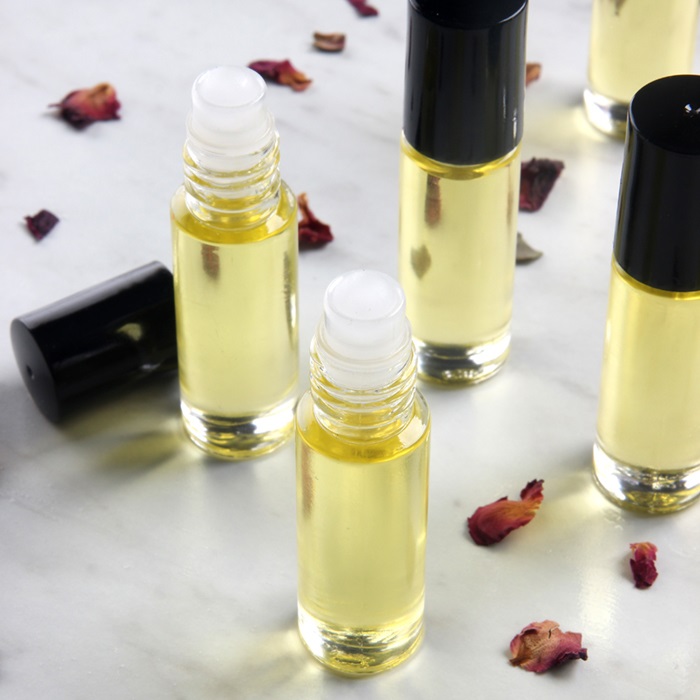
How to add collagen to your skincare routine
As with most skincare ingredients, collagen will work best in a leave-in product, like a serum or a moisturizer. Collagen in cleansing products like creams and bars is rinsed off, and the collagen likely won’t have time to be absorbed into the skin.
Collagen is water soluble, so you’ll find it in emulsified products like lotions and creams, and in water-based serums. When you check the ingredients label on your product, you may see it listed as hydrolyzed collagen, marine collagen, or collagen amino acids. We offer this marine collagen, which is sustainably produced as a byproduct of the fishing trade.
Collagen is gentle, and can be used by most people. For folks who choose not to use animal products, there are vegan substitutes.
You can expect to see results from topical collagen by 8 weeks with daily use. Of course, everyone’s skin is different, so it may take longer.
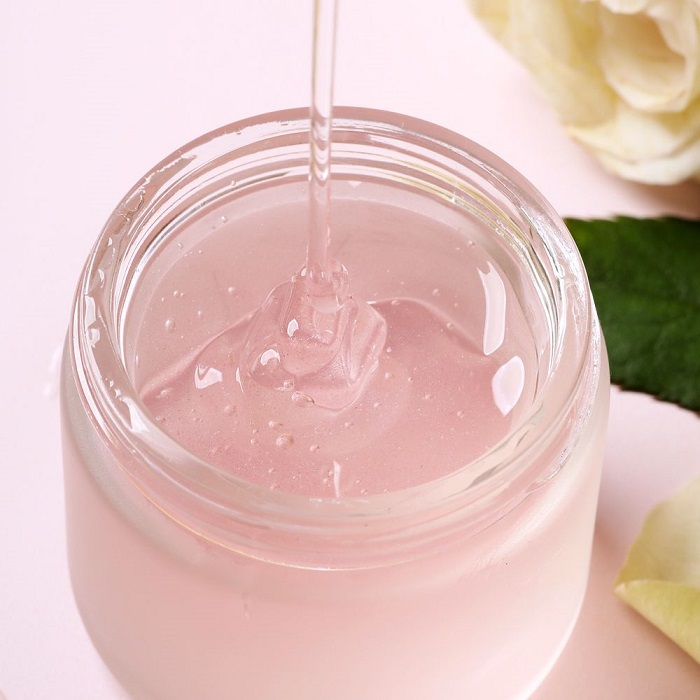
How to include collagen in your DIY skincare products
Collagen is water soluble, so you’ll want to add it to the water phase or the cooldown phase of emulsified products. Fortunately, collagen is heat stable, and can withstand temperatures of up to 572F. It’s also well suited to products with a pH in between 4 and 8, so it will work well in almost all skincare products.
You’ll want to include collagen in leave-on products, like serums, lotions, and creams. This gives the collagen time to absorb into your skin without being rinsed off.
Now you’re ready to start adding collagen to your skincare routine and to your own DIY skincare products. Collagen is a wonderful moisturizer that can help keep your skin healthy and beautiful. It’s an ingredient that can make your DIY skincare projects extra special.



